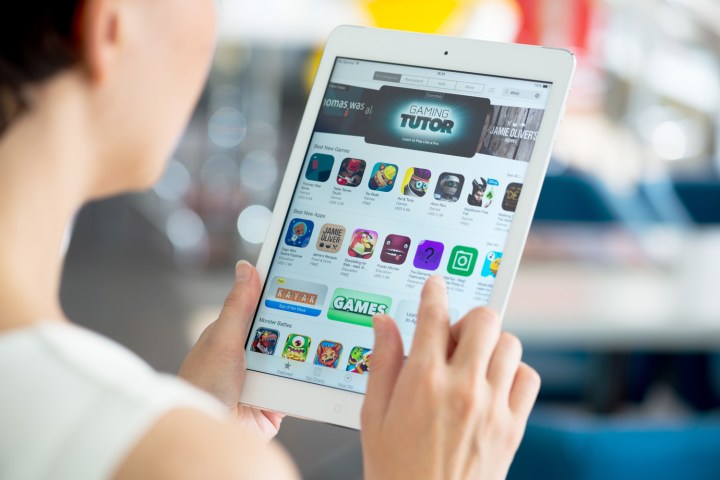
Sure, “affects” is a bit loose as a term, and to be fair, it didn’t take tablet readers any longer to fall or asleep (nor did they sleep any less) — but all the same, their brain activity was decidedly different from that of physical book readers. According to a new study from scientists at the University of Bergen in Norway, pre-bedtime iPad users “felt less sleepy and had different electrical activity in the brain during sleep” when compared to their friends who read from paper.
“Since light has an alerting effect, we predicted a lower sleepiness in the iPad condition at bedtime compared to the book condition,” lead author Janne Gronli of the University of Bergen in Norway told Reuters. This was accurate, Gronli noted, but despite not feeling as sleepy, tablet readers were still able to fall asleep at the same rate as non-iPad readers.
That said, Gronli continued, “We found a delay of 30 minutes in the generation of the restorative slow waves during sleep in the iPad condition.”
The study used a rather small sample size of just 16 subjects between the ages of 22 and 33. In conducting their experiment, the researchers examined polysomnographic data from three nights of participants’ sleep — one for a control, one for 30 minutes of pre-sleep iPad reading, and one for 30 minutes of physical book reading. In this last situation, the room was illuminated by reading lights in the subjects’ own rooms. Ultimately, participants noted that they felt sleepier after reading an actual book, and after they read from an iPad, their EEG readings displayed “delayed and reduced slow wave activity, representing deep sleep, in the brain after sleep onset.”
This is concerning, Gronli says, because “slow wave sleep EEG activity is important for the restorative effect of our sleep.”
The blue light emitted by iPads and other such devices have long been cited as potential problems for sleep. “To avoid increased activation before bedtime the bedroom should be used to sleep in, not for work or being on social media,” Gronli advised.
So if you’re having trouble sleeping, consider actually putting all those pesky electronics away and give your brain a chance to fully shut itself down when you’re looking for some shuteye.
We’re waiting ….
Editors' Recommendations
- Apple is about to do the unthinkable to its iPads
- Apple accidentally revealed a big iPad Pro display upgrade
- You may have to wait a while longer for new iPads
- Is the iPhone 15 waterproof? Read this before getting it wet
- This is when Apple will finally release its new 2024 iPads


